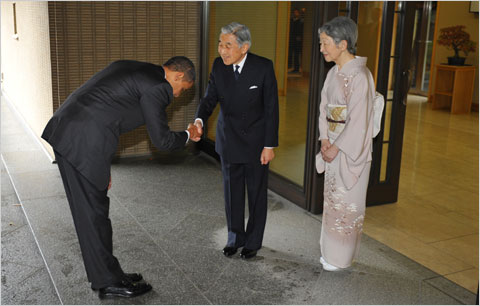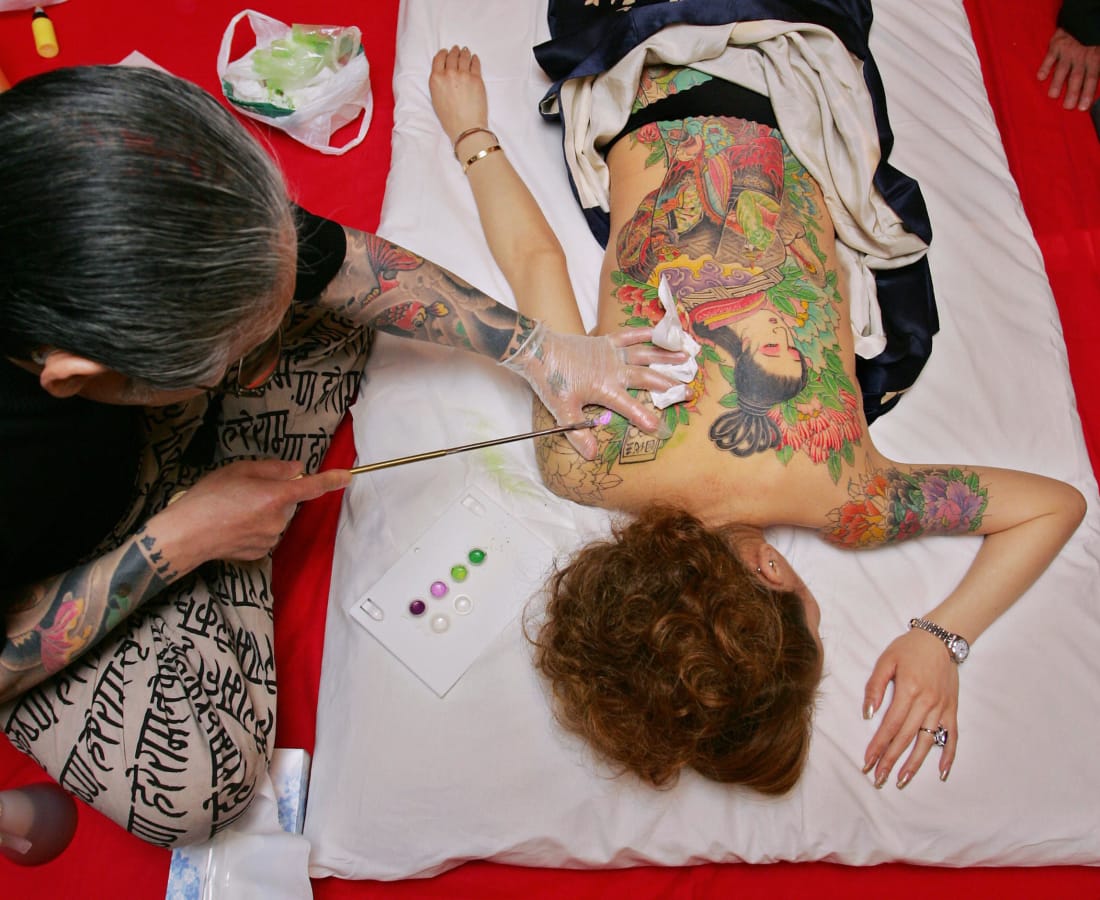20 Basic Japanese Customs You Should Know Before Travelling
Familiarizing other culture is essential before you visit another country.
Learning culture and customs is very important and a fun part of traveling at the same tine.
For those who are from a different country, Japanese culture might be complicated.
In this article, I will tell you Japanese basic customs as well as manners that you need to know before visiting Japan and some cultural differences between Japan and other culture.
Table of Contents
1. Shoes Off Inside
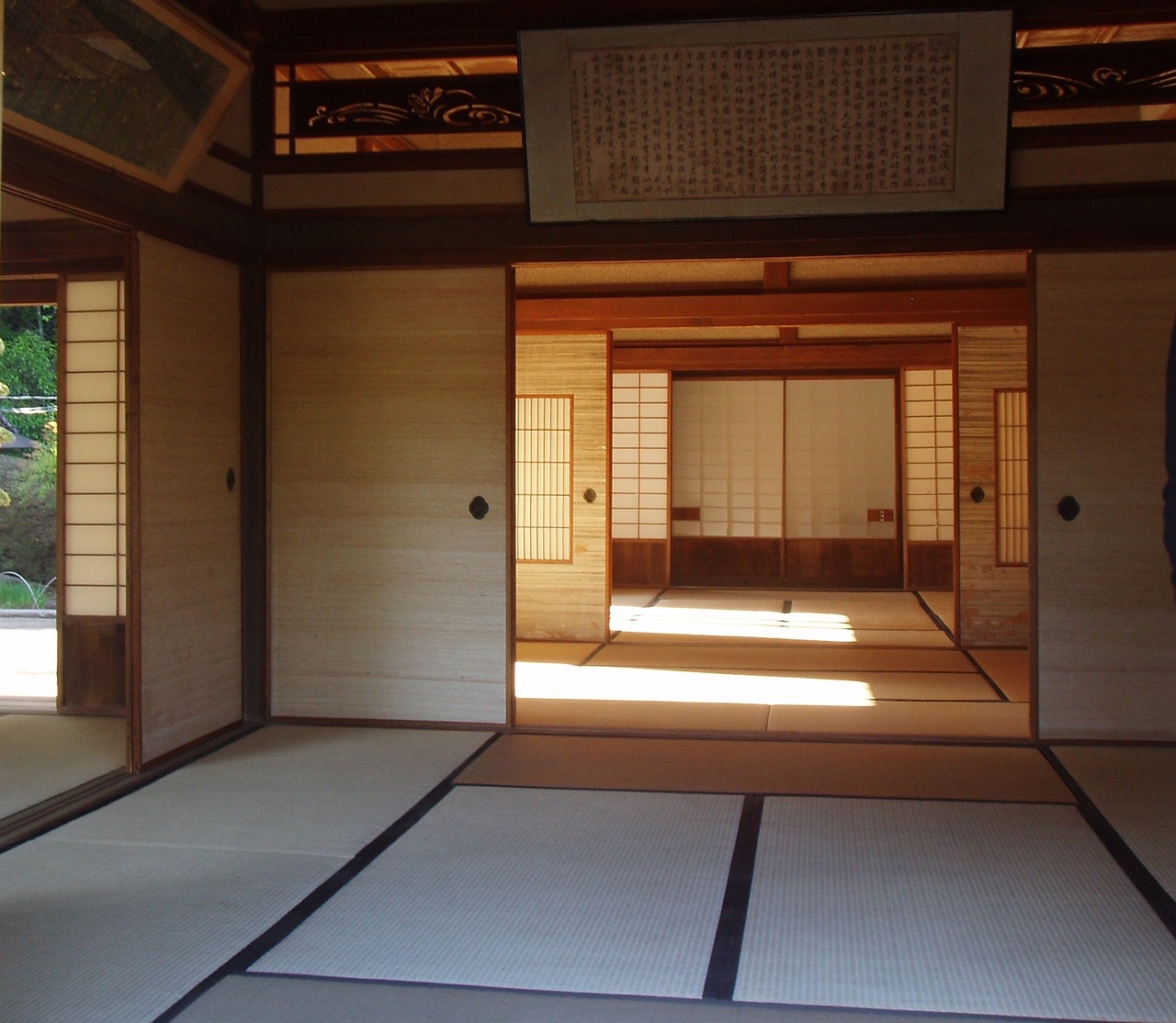
At some restaurants, normally traditional Japanese restaurants, customers are required to take off their shoes before taking a seat.
At this type of restaurant, you will see shoe rockers and a step on the floor at the entrance.
The same goes for temples and shrines.
And of course, people always take their shoes off before entering their house in Japan, as well as some of other cultures.
2. Greeting
Source: Presidential Bows, Revisited
Japanese people hug, shake hands, or even kiss each other, but it’s not that common.
And it always depends on who you interact with and when.
Bowing is the most common way of greeting in Japan, and people will appreciate it when you bow.
3. No Shouting
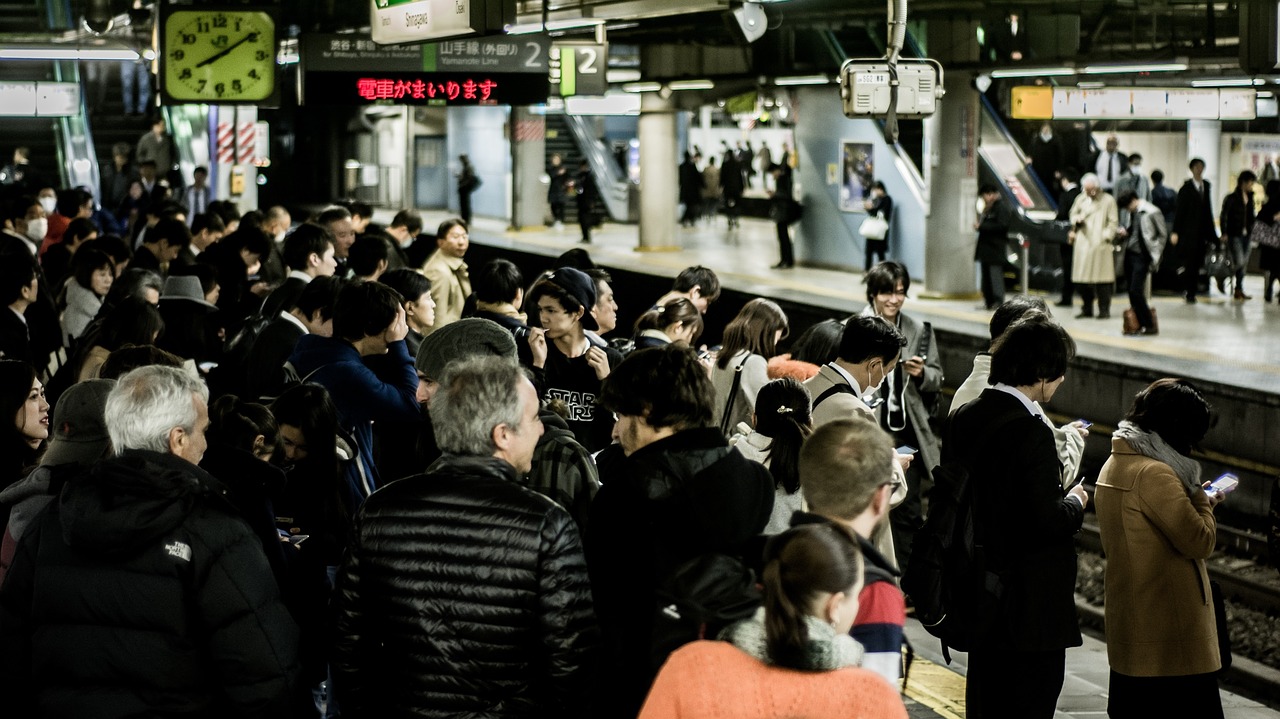
Japan is very quiet.
People are highly aware of other people’s voice and respect sharing spaces with others.
That means shouting on the street or speaking out loud on trains is considered rude in Japan.
In public transportation, you need to make sure your phone is on silent mode and never pick your phone and talk.
As for traffic rules, honking is illegal.
4. Tattoo
Source: Japan’s ‘hand-carved’ tattoo masters fight to keep their art alive
In Japan, a tattoo has historically been associated with Yakuza or Japanese gangs, so having a tattoo is considered antisocial in Japanese society.
Many public baths, beaches, gyms, or any places where everyone takes off their clothes don’t allow people who have tattoos on their body.
5. Table Manners And Use Of Chopsticks
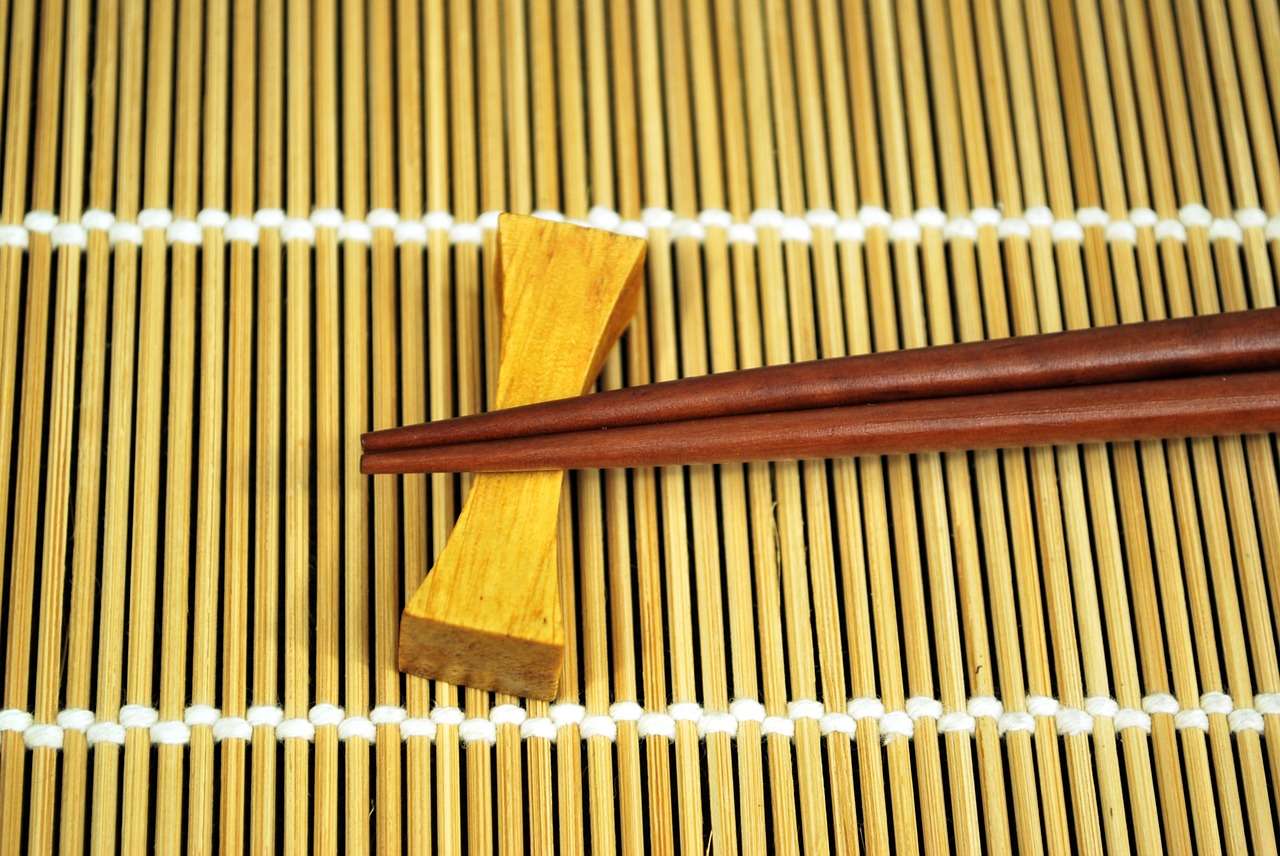
Table manners are very important parts of any culture, and it is essential in Japan too.
Especially when you use chopsticks, you will need to be extra careful about the use.
Sticking them vertically in your food is one of those people frown at.
It’s a bad manner because it looks like a Buddhist funeral ritual in which chopsticks are left standing up in a bowl of rice.
Stabbing your food like when you use a fork or pointing at someone with your chopsticks is also what you shouldn’t do at the table.
In addition to those, passing food directly from one set of chopsticks to another is also associated with a Buddhist funeral ritual.
6. Shrines And Temples
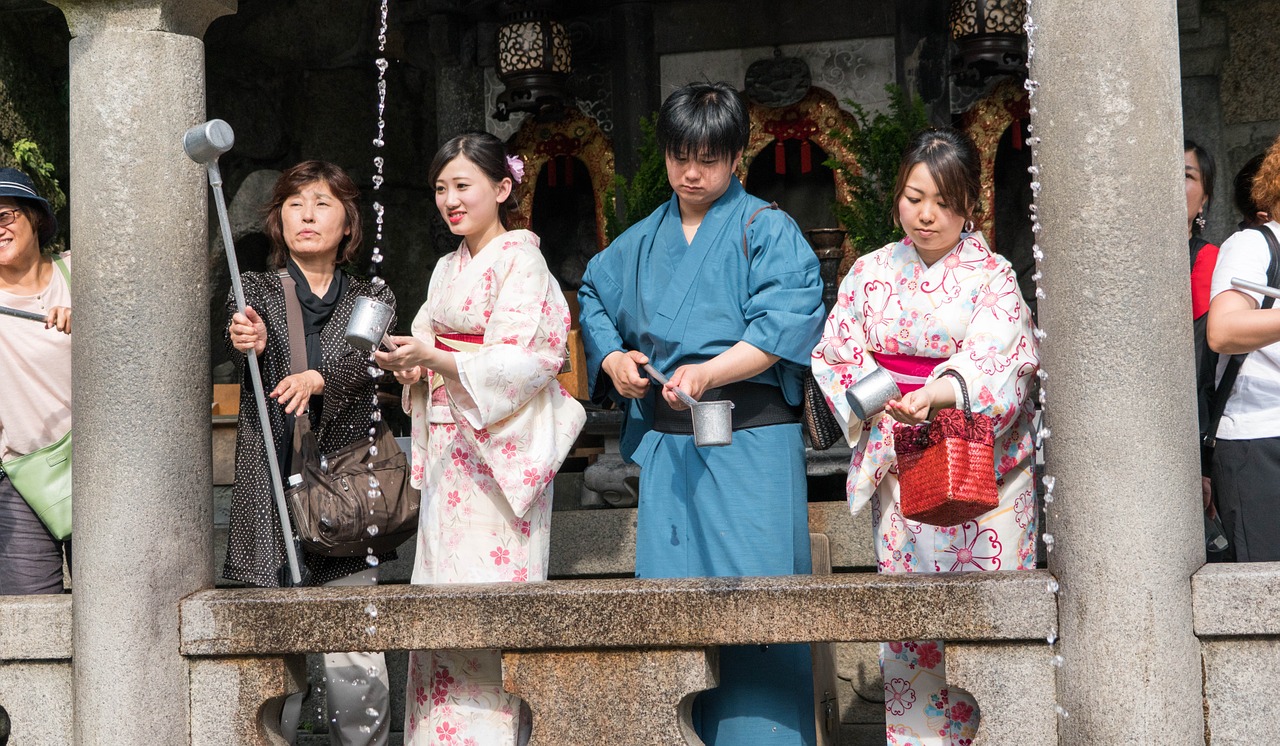
In any countries around the world, religious facilities should be respected with formal manners.
Japan is no exceptions.
Shrines are Shinto, which is the native religion of Japan, and temples are Buddhism.
Since Japanese culture is historically known as practicing the combination of Shintoism and Buddhism, you can see so many religious places throughout the country.
While there is no need to learn about the religions and the way of worship before visiting those places, it is a basic manner that you need to respect those culture.
As mentioned already, talking out loud at such places is not allowed.
Electronic devices are also not allowed very inside of the buildings.
Running, smoking, spitting, littering, fighting, dancing, or those kind of actions are absolutely not appreciated.
7. Drinking And Eating

Drinking alcohol in public is legal in Japan, but it doesn’t mean it is allowed.
It is legal because there are festivals during summer and people drink only on such an occasion.
Unfortunately, some tourists from foreign countries misunderstand the concept and do party on the street drinking alcohol, but it is considered as a bad manner.
It applies to eating in public as well.
8. Indirect Communication
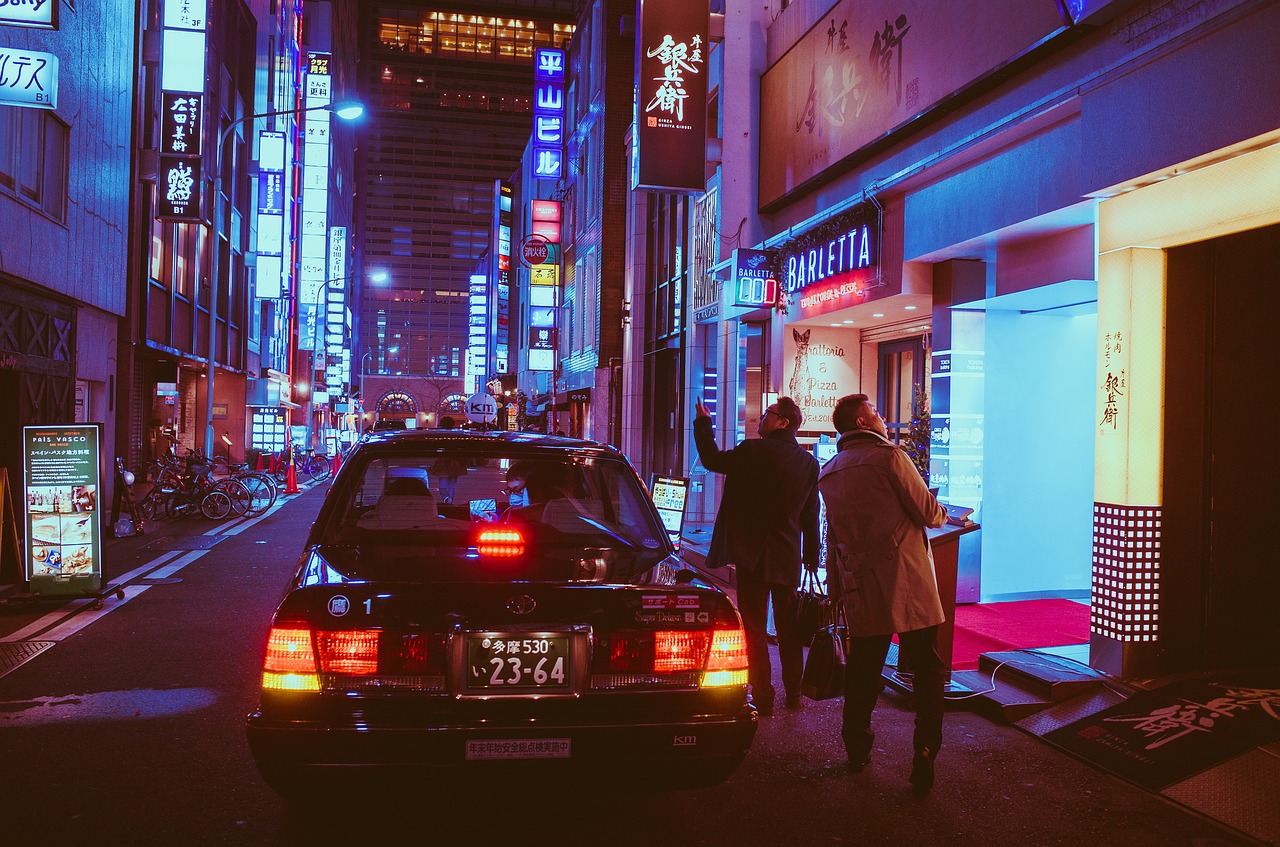
More you learn Japanese language, you will find it more complicated in terms of communication.
It is all because of the characteristic the language has.
Japanese language is categorized in one of the most indirect languages.
That means people rarely tell and don’t directly place their words into a sentence.
It is sometimes considered rude to directly decline a request from someone, but they will reply “it may be difficult” or “it is under consideration.”
So it always depends on interpretation of a receiver.
And if you don’t get what it implies and ask him/her again, it will be rude.
In Japan, it is not rude to not tell the whole story or true feelings, but it is rude to not interpret the meaning behind the words correctly.
9. No Tip At Restaurant
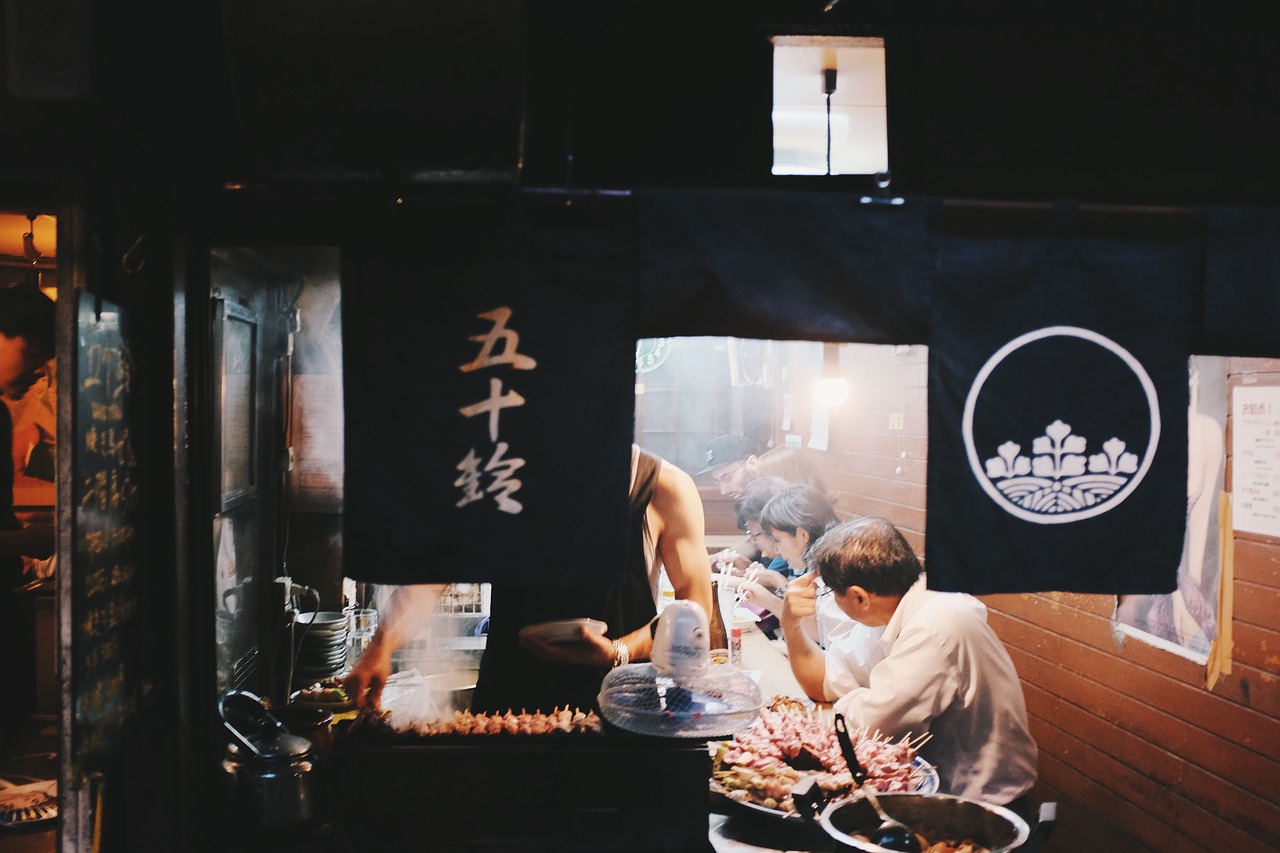
You don’t have to tip at a restaurant in Japan.
At some restaurants, you buy a ticket out of a vending machine and hand it to a server before taking a seat, so you can just leave after you finish your meal.
If you go to a sushi restaurant with a conveyor belt or any kind of buffet, there is actually no waiter to tip, so you can just help yourself.
10. Other Things
Here are other things that are widely considered bad manners in Japan, and some of them might be common around the world.
・Littering
・Spitting
・Cutting lines
・Graffiti – Considered as vandalism rather than an art and it’s a crime
・Playing loud music in public
・Playing with food
・Not separating trash – Japan is very strict for separating garbage
・Pointing at someone with a finger – Usually use an open hand to point at someone or an object
・Drinking before a toast – It’s considered undisciplined
・Not respecting for business cards – Receive it with two hands
・Looking at your phone while someone is speaking
We looked thorough all the basic Japanese customs and manners, but I mean, even if you don’t follow these rules and stuff, people will understand.
But learning about other culture is the important part.
Japan puts more and more effort into tourism industry and attracts more people to visit the country by easing tourist VISA.
I’m sure most of Japanese people welcome foreigners from overseas and enjoy learning other culture as well.

